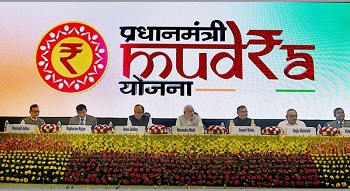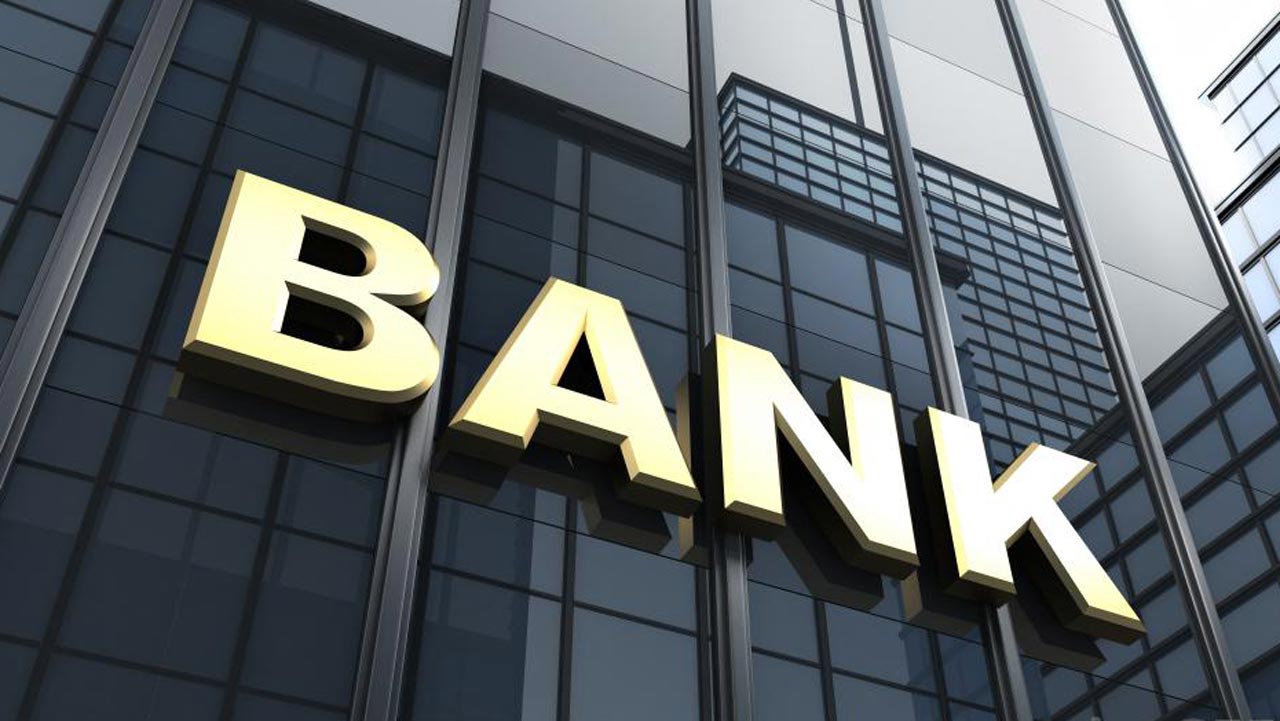Important terms related to Loans and Advances
Want to Become a Bank, Central / State Govt Officer in 2020?
Join the Most awarded Coaching Institute & Get your Dream Job


Now Prepare for Bank, SSC Exams from Home. Join Online Coure @ lowest fee
Lifetime validity Bank Exam Coaching | Bank PO / Clerk Coaching | Bank SO Exam Coaching | All-in-One SSC Exam Coaching | RRB Railway Exam Coaching | TNPSC Exam Coaching | KPSC Exam Coaching
Important terms related to Loans and Advances
Floating interest rate
A floating interest rate is a variable interest rate which can change over the duration of the loan / credit facility. The applicable interest rate on the loan moves up and down with the market rates or along an index.
An interest rate on a loan / credit facility that remains fixed either for the entire term of the loan or for part of this term is referred to as a fixed interest rate.
EMI is the acronym for Equated Monthly Installment. EMI is a fixed amount, comprising of both principal and interest, paid by a borrower to a lender at a specified date each calendar month.
Banks may take some additional securities which are called collateral securities. Collateral could be in the form of guarantee from one or two persons, assignment of life insurance policies, lien over shares, and units or other securities or mortgage of immovable property. These additional securities are taken so that in case a loan is not paid back, recourse may be taken to such securities instead of depending upon the primary security alone.
Demand Loan
A Demand Loan is a loan which is repayable on demand by the bank. In other words, it is repayable at short-notice. The entire amount of demand loan is disbursed at one time and the borrower has to pay interest on it. The borrower can repay the loan either in lump sum (one time) or as agreed with the bank.
Demand loans are raised normally for working capital purposes, like purchase of raw materials, making payment of short-term liabilities.
Term Loan
Medium and long term loans are called term loans. Term loans are granted for more than a year and repayment of such loans is spread over a longer period. The repayment is generally made in suitable installments of a fixed amount.
Term loan is required for the purpose of starting a new business activity, renovation, modernization, expansion/extension of existing units, purchase of plant and machinery, purchase of land for setting up of a factory, construction of factory building or purchase of other immovable assets. These loans are generally secured against the mortgage of land, plant and machinery, building and the like.
Lien
Lien is a type of charge created by banks over its own fixed deposits when a loan/advance is granted keeping the fixed deposit as security in the bank.
Lien gives bank automatic claim over the deposit. The deposit has to be under banker’s possession for the time the deposit has been on lien.
The deposit receipt against which loan has been granted should be duly discharged by holder(s) by signing across a revenue stamp. The date on which lien was marked and the date when it was lifted has to be mentioned by the banker on the deposit receipt.
Pledge
Cash deposit or placing of owned property by a debtor (the pledger) to a creditor (the pledgee) as a security for a loan or obligation. The pledgee has an implied right to confiscate and/or sell the pledged property to satisfy his or her claim in case of a default.
Hypothecation
It was not defined under Indian Law for long time and was used more on the basis of practice. However, now under the Securitisation and Reconstruction of Financial Assets and Enforcement of Security Interest Act, hypothecation is defined as, “a charge in or upon any movable property, existing or future, created by a borrower in favour of a secured creditor without delivery of possession of the movable property to such creditor, as a security for financial assistance, and includes floating charge and crystallization into fixed charge on movable property”.
Mortgage
Sec. 58 of the Transfer of Property Act, 1882 defines mortgage as –
A mortgage is the transfer of an interest in specific immovable property for the purpose of securing the payment of money advanced or to be advanced by way of loan, an existing or future debt, or the performance of an engagement which may give rise to a pecuniary liability.
The transferor is called a mortgagor, the transferee a mortgagee; the principal money and interest of which payment is secured for the time being are called the mortgage-money, and the instrument (if any) by which the transfer is effected is called a mortgage-deed.
Assignment
An Assignment constitutes an action taken with a contract. Assignment occurs when the owner of a contract, known as the assignor, gives a contract to another party, known as the assignee. The assignee assumes all responsibilities and benefits of the contract.
One example of assignment is, ‘transfer by the holder of a life insurance policy (the assignor) of the benefits or proceeds of the policy to a lender (the assignee), as a collateral for a loan’. In such case in the event of the death of the assignor, the assignee is paid first and the balance (if any) is paid to the policy’s beneficiary.
Reverse Mortgage Loan
- Reverse Mortgage Loan (RML) enables a Senior Citizen i.e. above the age of 60 years to avail of periodical payments from a lender against the mortgage of his/her house while remaining the owner and occupying the house.
- The product was conceived as a means to help retirees with limited income use the accumulated wealth in their homes to cover basic monthly living expenses and pay for healthcare.
- The loan is called a reverse mortgage because the traditional mortgage payback stream is reversed. Instead of making monthly payments to a lender, as with a traditional mortgage, the lender makes payments to the borrower.
- The loan amount is dependent on the value of house property as assessed by the lender, age of the borrower(s) and prevalent interest rate.
- The maximum period of the loan is 20 years. On the borrower’s death or on the borrower leaving the house property permanently, the loan is repaid along with accumulated interest, through sale of the house property.
- The borrower(s)/heir(s) can also repay the loan with accumulated interest and have the mortgage released without resorting to sale of the property.







1 comment
thank u